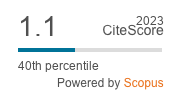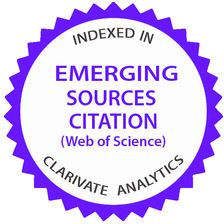Malaysian Journal of Mathematical Sciences, December 2020, Vol. 14(S)
Special Issue: 2nd International Conference on Applied & Industrial Mathematics and Statistics 2019 (ICoAIMS 2019)
Study on Mathematics Self-Efficacy and Anxiety among Malaysian Upper Secondary Students using Fuzzy Conjoint Analysis
Gopal, K., Salim, N. R., and Ayub, A. F. M.
Corresponding Email: [email protected]
Received date: 15 January 2020
Accepted date: 30 July 2020
Abstract:
This paper attempted to ascertain the levels of self-efficacy and anxiety of mathematics among upper secondary students in Malaysia. A descriptive survey study was conducted with 842 secondary students. Instrument consisted of 29 attributes. Attributes' ratings were analysed using Fuzzy Conjoint Analysis (FCA). Results attested that students' mathematics self-efficacy was low and their anxiety was high. Findings also suggested that students' high anxiety is a consequence of their low self-efficacy. In particular, students had low belief in their mathematics learning ability and were highly worried about getting good grades in mathematics. As self-efficacy and anxiety have significant effects on mathematics performance and achievement, findings indicated an unfavourable existing state of mathematics learning among upper secondary students to the nation's aspiration for excellence in Science, Technology, Engineering and Mathematics (STEM).
Keywords: Mathematics self-efficacy and anxiety, fuzzy conjoint analysis, STEM.









